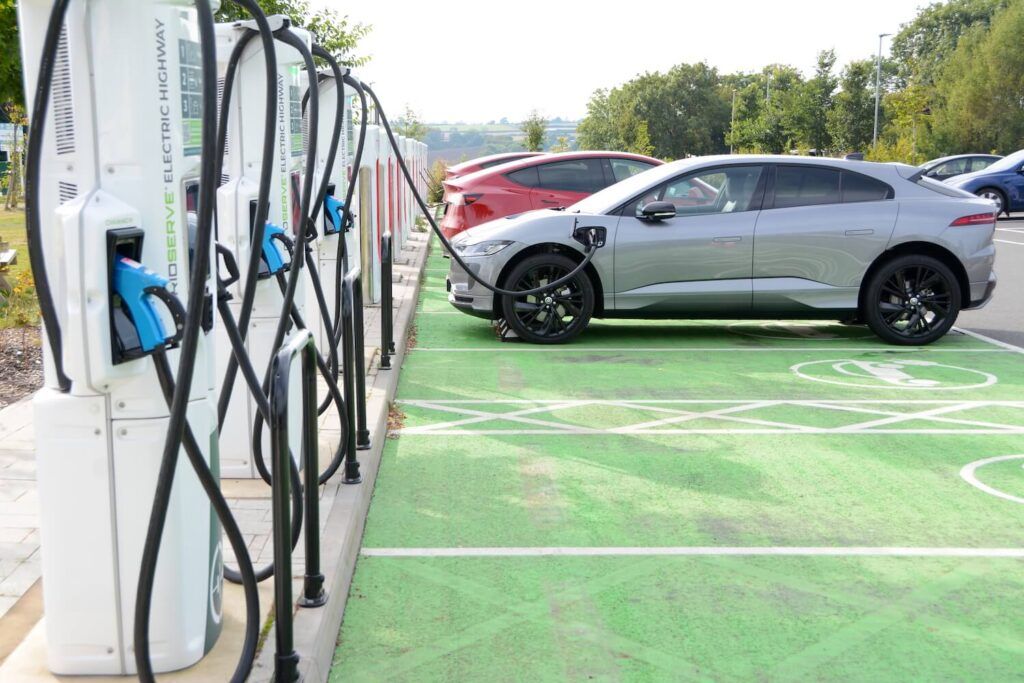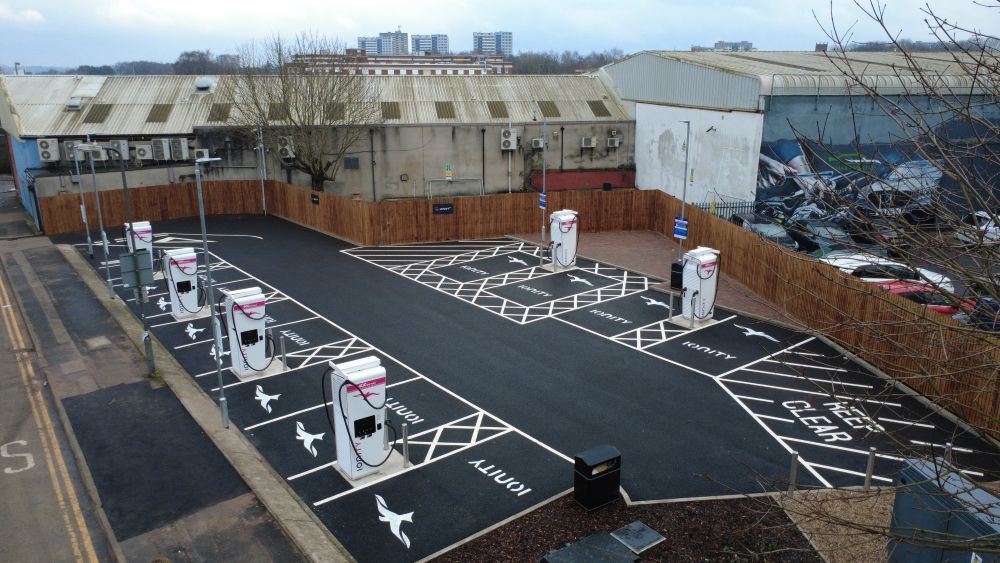Author of the net zero review, Chris Skidmore MP, and other leading sector voices, have spoken out after the government announced plans to sign-off on new oil and gas licences to improve energy security.
Prime Minister Rishi Sunak has confirmed that “hundreds” of new oil and gas licences will be granted in the UK, stating that this would help the UK achieve net zero carbon emissions and that the plan will strengthen the UK’s energy independence and reduce reliance on hostile states such as Russia.
Speaking about the news, Skidmore called it the “wrong decision at precisely the wrong time”.
He said: “It is on the wrong side of a future economy that will be founded on renewable and clean industries, not fossil fuels. It is on the wrong side of modern voters who will vote with their feet at the next General Election for parties that protect – not threaten – our environment. Worryingly, this decision has been announced when MPs are on recess and unable to hold the Government to account. I will be writing to the speaker to call for an emergency debate as soon as we return.”
Additionally, the REA (Association for Renewable Energy and Clean Technology) has responded, highlighting that issuing new oil and gas licenses, while the UK carbon price is also decreasing, is not compatible with the UK’s climate goals.
Furthermore, to achieve real energy security,government should be investing in a just transition to a low-carbon economy and the UK’s own abundant range of renewables and clean technologies, thus reducing our reliance on volatile fossil fuels.
As the US and EU push forward in attracting low carbon investment, the UK has been sending confusing signals on its climate priorities to the global community and risks falling behind.
Dr Nina Skorupska CBE, Chief Executive of the REA (Association for Renewable Energy and Clean Technology) said: “If the Government are serious about delivering energy security while reaching net zero in a pragmatic way, they should be accelerating the cheapest forms of energy. This means low carbon projects that are unaffected by changes in the volatile fossil energy markets, the cause of both increased energy costs and security concerns.
“Instead, today, government are supporting new fossil fuel exploration while support mechanisms such as the US Inflation Reduction Act and the UK Government’s Electricity Generator Levy, a windfall tax on renewables, is seeing the UK attractiveness for low carbon investment diminish.
“Real energy security will be delivered by reinforcing our grid systems and sorting out planning delays so that low carbon generation can be built quickly.
“The development of CCUS should also be targeted at bioenergy applications, not capturing carbon that should stay in the ground. Bioenergy with carbon capture and storage delivers critical negative emissions recognised as essential for getting to net zero.”
Quentin Willson, Founder of FairCharge, said: “We understand that the world can’t switch off fossil fuels instantly, it’s a transition. But it seems clear that the PM and Government are weaponising the move to a sustainable future to win votes. News today of 100+ oil licenses is hugely disappointing. We know that parts of North East Scotland are election battlegrounds for the Conservatives so this announcement is only about votes. Carbon capture isn’t yet a proven technology and basing Government policy around a hugely expensive engineering project that isn’t tried or tested is a huge leap of faith. This feels like another HS2 to me.”
Other leading voices, including Friends of the Earth, WWF, The Climate Group and the Green Alliance have all questioned the move and whether it is compatible with the government’s net zero policy framework.
Image from Shutterstock











